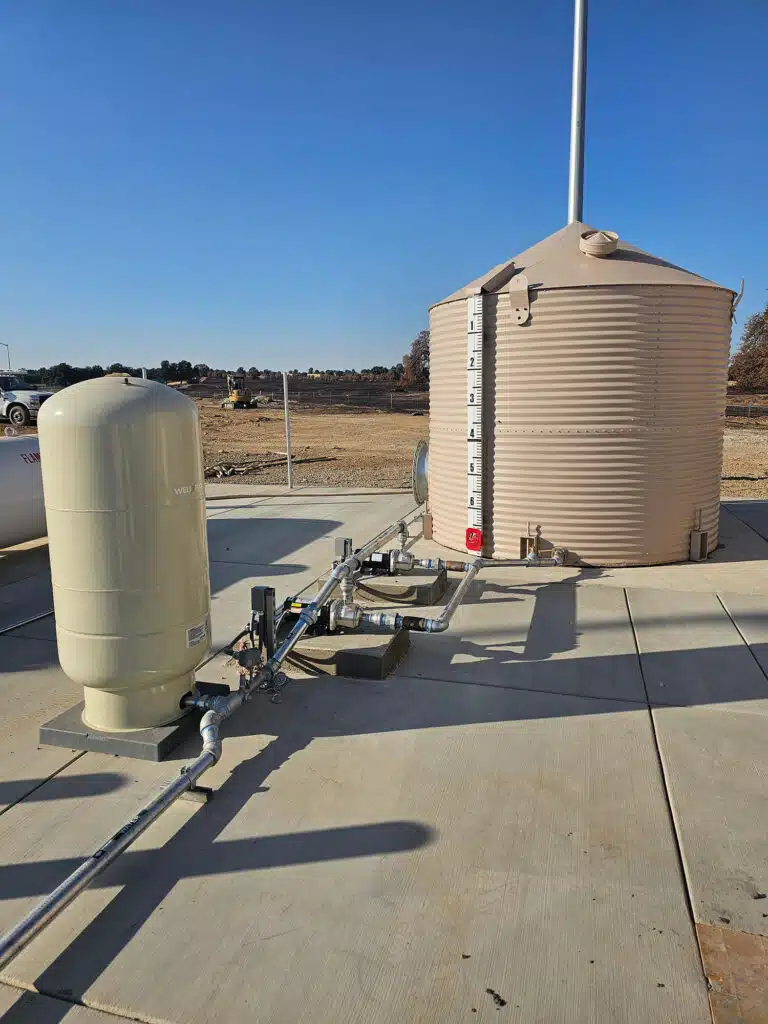When one thinks of building a new home, the image that often comes to mind is a traditional house with a picket fence, perhaps nestled in a lush suburban neighborhood or perched atop a picturesque hill. However, a growing number of adventurous individuals are breaking the mold and exploring the possibility of creating their homes deep within the earth, inside mountains. While this concept may seem straight out of a science fiction novel, it’s very much a reality. In this article, we will delve into the intriguing world of underground homes, weighing the pros and cons of living inside a mountain.
**The Pros of Living Inside a Mountain:** new home construction loans
1. **Natural Insulation:** One of the most significant advantages of living inside a mountain is the remarkable insulation provided by the earth itself. The constant temperature of the surrounding rock can help maintain a comfortable interior climate, reducing the need for extensive heating or cooling systems. This not only saves on energy bills but also reduces your carbon footprint.
2. **Energy Efficiency:** The consistent temperature and natural insulation translate into an energy-efficient living environment. You’ll find yourself using less energy for heating and cooling, which contributes to a smaller environmental impact and lower utility bills.
3. **Protection from the Elements:** Underground homes are well-protected from the destructive forces of nature, such as hurricanes, tornadoes, and wildfires. The mountain provides a natural barrier against these disasters, offering safety and peace of mind.
4. **Noise Reduction:** Living inside a mountain often means a quieter existence. The thick layers of earth surrounding your home can dampen external noises, providing a serene living environment. This is a particularly attractive feature if you value tranquility.
5. **Privacy and Security:** Living inside a mountain naturally offers a degree of seclusion and security. You are sheltered from prying eyes and potential intruders, making it an appealing choice for those who seek privacy and peace.
6. **Unique Aesthetics:** The unique aesthetic appeal of an underground home is undeniable. The juxtaposition of modern design with the rugged beauty of the mountain creates a truly distinctive living space.
**The Cons of Living Inside a Mountain:**
1. **Limited Natural Light:** The most obvious drawback of living in a mountain is the lack of natural light. Most underground homes rely on artificial lighting during the day, which can be challenging for some individuals who value sunlight and open spaces.
2. **Ventilation Challenges:** Proper ventilation can be a significant concern. Without fresh air circulation, the air inside an underground home can become stale and humid. This may necessitate the Installation of a ventilation System, which adds to construction and operating costs.
3. **Construction Challenges:** Building inside a mountain is not for the faint of heart. The excavation process can be complex, expensive, and time-consuming. Furthermore, the construction of an underground home requires specific engineering expertise, which can also drive up costs.
4. **Moisture Control:** Maintaining an ideal level of moisture inside an underground home can be tricky. Excessive moisture can lead to mold and mildew issues, while too little moisture can result in a dry and uncomfortable living environment. Managing moisture levels requires vigilance and potentially additional investments.
5. **Dependence on Technology:** Living inside a mountain often means a heavy reliance on technology for basic amenities such as lighting and heating. Power outages can be more challenging to deal with when you’re far below the earth’s surface.
6. **Resale Value and Market Perception:** Underground homes are not always in high demand in the real estate market. If you plan to sell your underground property in the future, you may encounter challenges in finding interested buyers due to their niche nature.
7. **Limited Outdoor Space:** Living inside a mountain typically means limited outdoor space. If you love gardening, outdoor activities, or simply the feeling of open spaces, an underground home may not be the best choice for you.
**Environmental Considerations:**
When considering building a home inside a mountain, it’s important to weigh the environmental impact. On the one hand, the natural insulation and energy efficiency can reduce your carbon footprint. On the other hand, the excavation process can disturb the ecosystem and the local geology. It’s crucial to engage in responsible construction practices and consider the ecological consequences of such a project.
